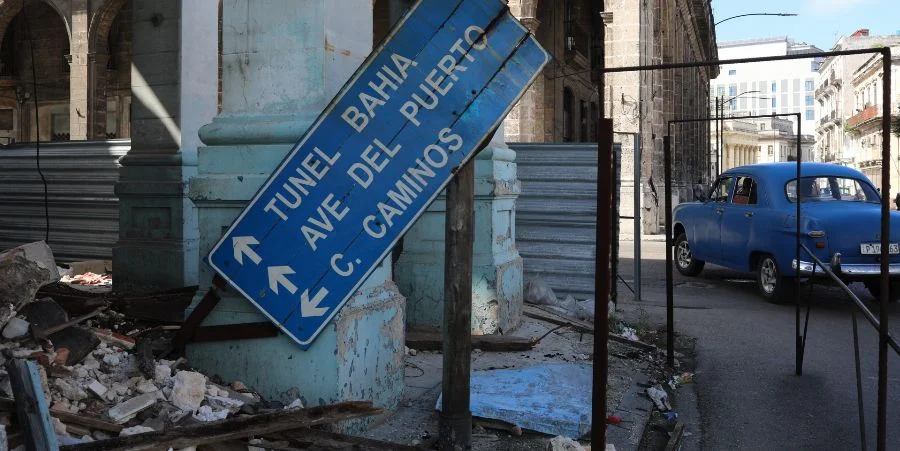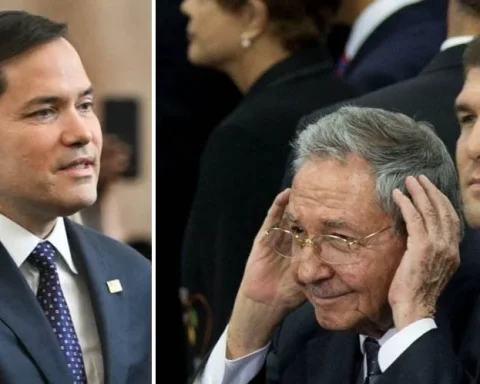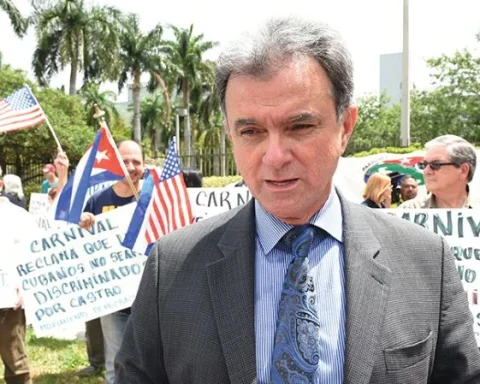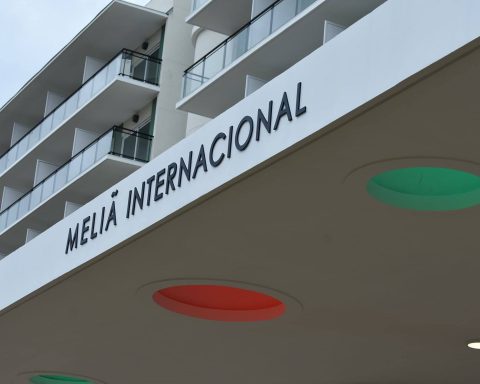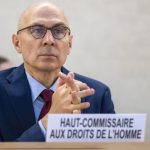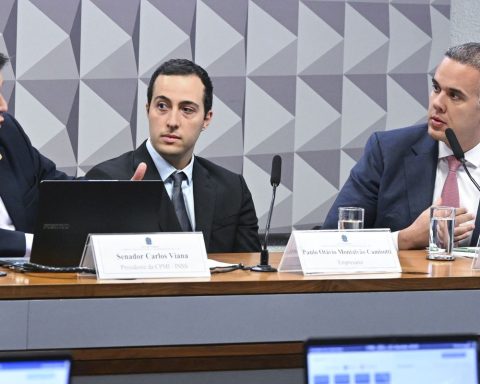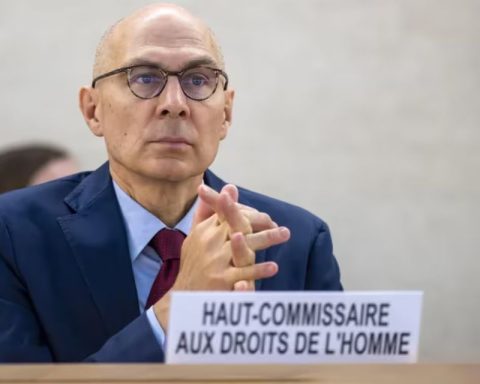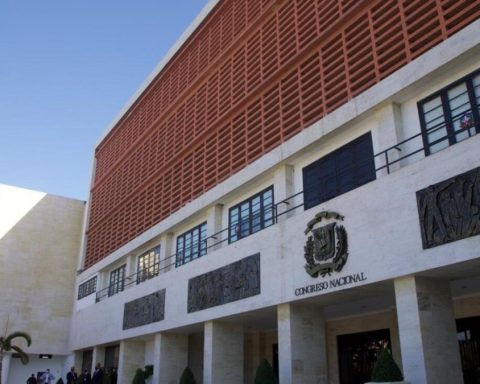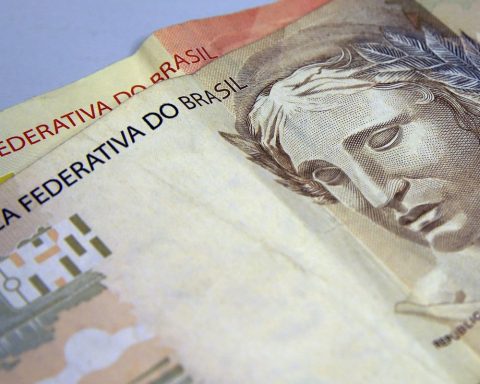Miami, United States. – The Executive Director of the PriceTravel Travel Agency, Rafael Durand, warned that Cuba faces a “future challenger” in the tourism sector, marked by the loss of traveler’s confidence and serious structural deficiencies.
“Cuba has a very challenging plan for the next few years to recover the traveler’s confidence and has a lot to do with even connectivity, there is no way to get there,” Durand told the specialized environment Reportur.co.
Durand, at the head of one of the main travel agencies on-line From Latin America, he pointed out that the island drags a deep crisis in services and infrastructure. “In the middle of last year Cuba, with great destinations such as Havana or Varadero, had a very serious problem of inputs and infrastructure. Let’s forget tourism; I think residents faced much more immediate challenges: electricity, consumables, water and food,” he said.
The director’s analysis coincides with the most recent reports on the state of tourism in Cuba. According to official figures, the country received in 2024 only 2.2 million international visitors, a 9.6% drop compared to the previous year and the lowest figure in the last 17 years, excluding the pandemic period.
Cuban economist Pedro Monreal He alerted recently that “the closure of the high season of Tourism 2024-2025 in Cuba” paints and pointed out contractions in the main issuing markets: Canada, the United States, Russia and the Cuban community abroad.
The crisis has been documented by international means as Preferentialwhich described Cuba as “a country in ruins” and assured that it has disappeared from the global tourist map. “Who will pay thousands of dollars for a plane ticket, and then for the stay, to go see hell?” Asked Emilio Morales, president of Havana Consulting Groupreferring to current conditions on the island: blackouts up to 18 hours, water shortage and garbage accumulation in cities such as Havana.
The situation is aggravated by the emigration of more than 10,000 workers in the sector in the last three years, which has further deteriorated the quality of the hotel service. Although the Cuban government continues to prioritize tourism as an economic engine – assigning the sector 40 % of its investments in 2024, above health, education and agriculture – experts say that recovery is not envisioned in the short term.
Paolo Spadoni, professor at the University of Augusta, warned that “Cuba is becoming more unique for wrong reasons and, therefore, less attractive as a tourist destination.” In this context, airlines such as Iberojet have canceled their flights to the island and others such as Iberia have reduced frequencies, while international agencies have stopped promoting fate.
Durand stressed that, in contrast, other countries in the region have registered sustained growth. “What we have seen is that in this Caribbean situation, the one who has done it best is the Dominican Republic and we see very positive numbers with them; Aruba, we see very positive numbers; with Curacao, we see less encouraging numbers in Jamaica.”
Despite these contrasts, the Cuban government insists on expanding its hotel plant. The Meliá chain, one of the few foreigners with a sustained presence on the island, announced in 2024 the creation of its own importing company – mesol – to supply its facilities in the face of the shortage of products and local bureaucratic obstacles.
According to experts, Cuban tourism faces a structural deterioration that could extend for years. “A substantial improvement is not expected until at least 2030,” he warned Preferential.
